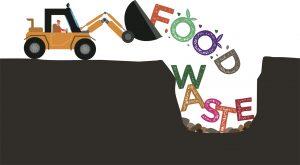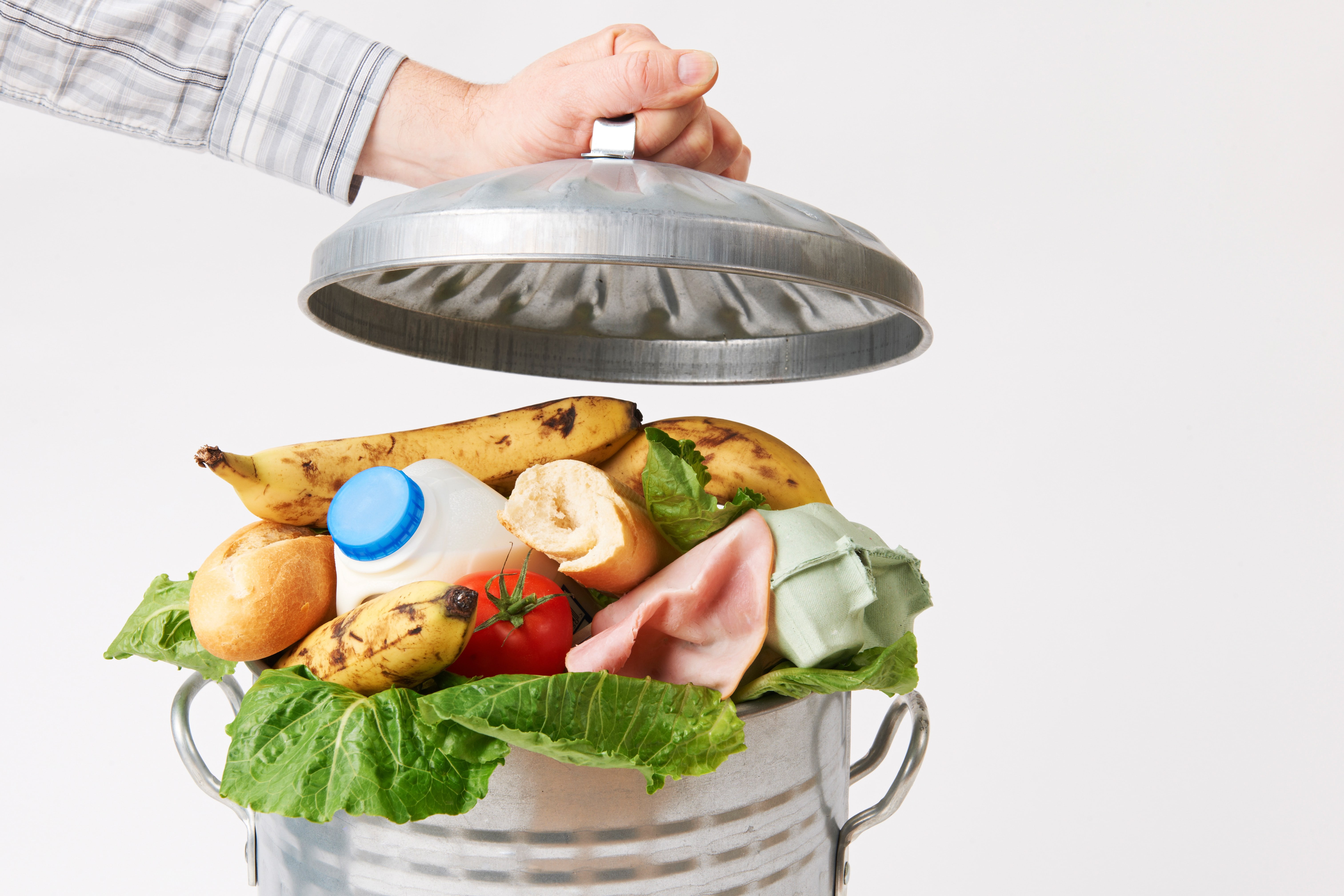Australia’s first comprehensive study looking at household behaviours and motivations towards food waste – Food Waste: National Benchmarking Study Summary Report – was released this week.
Surveying more than 5,000 people, results show that while 76 per cent of respondents felt strongly motivated to reduce food waste, they underestimated the actual amount of food wasted by up to two-thirds.
Fight Food Waste CRC Chief Executive Officer Dr Steven Lapidge says this survey highlights the “disconnect between consumer perception and reality”.
“Our new study shows that while most people do want to reduce their food waste, many of us are cooking more than we need to or not taking simple steps such as using up leftovers. And that’s costing households thousands of dollars a year,” he said.
 Key findings
Key findings
- Australians are wasting, on average, 2.65lt of food per household across seven days.
- Almost 33 per cent of participants don’t know if food is safe to eat so dispose of it.
- 51 per cent understand the meaning of ‘use by’ and ‘best before’ on a food label.
- 44 per cent report cooking more than they need, ‘just in case’.
- 33 per cent responded that at least half of the time their fridge/freezer is too full to store additional leftovers/food.
- 47 per cent make use of leftovers most of the time.
- 36 per cent report rarely saving and eating leftovers.
“The study will be a benchmark for industry, research and the community to work together and capitalise on opportunities, which have the potential to save Australia $20 billion per annum in food waste,” Minister for Industry, Science and Technology Karen Andrews said.
Simple steps to reduce food waste
Dr Lapdige adds that the simplest ways Australians can reduce food waste is by:
- Using up what’s in the fridge
- Planning shopping trips
- Using up leftovers.
“We understand that Australians want to provide the best for their families, and we can do this by making the most of our food and saving ourselves money on our grocery bills at the same time,” he said.
Environmental impact of food waste
Food waste is a growing issue because it is a waste of resources across the entire food supply chain, including water and energy used on the farm and in food transportation.
When food is sent to landfill it releases methane as it breaks down, which is a gas contributing to climate change.
Click here to read the full summary of the report.




